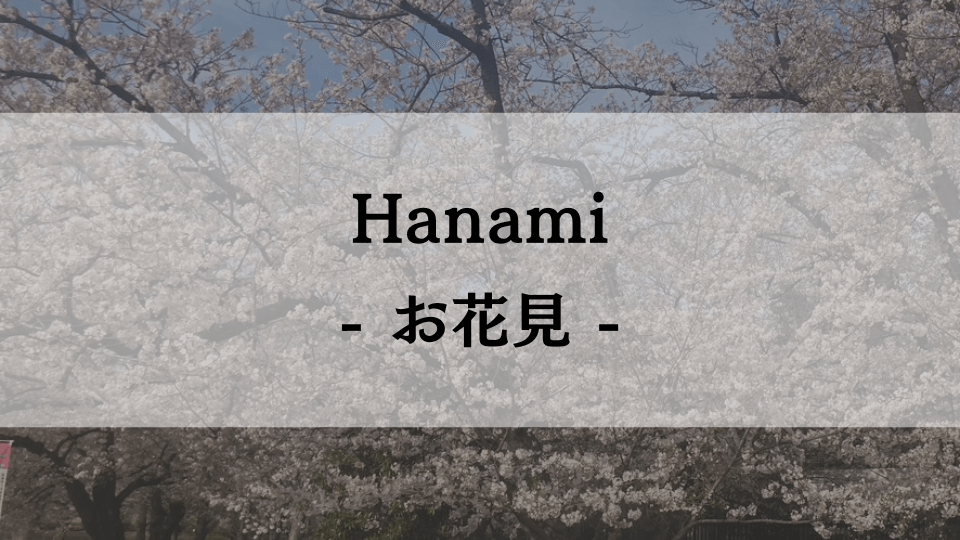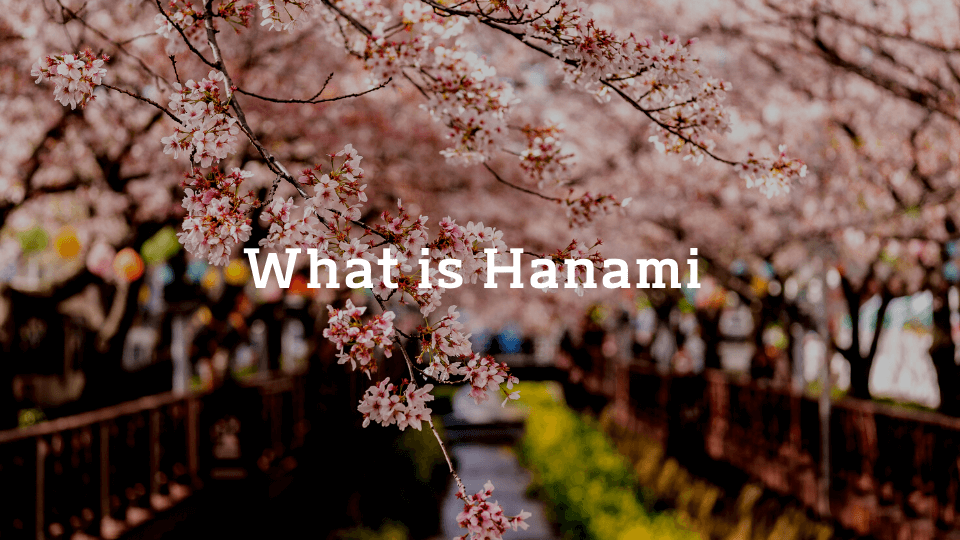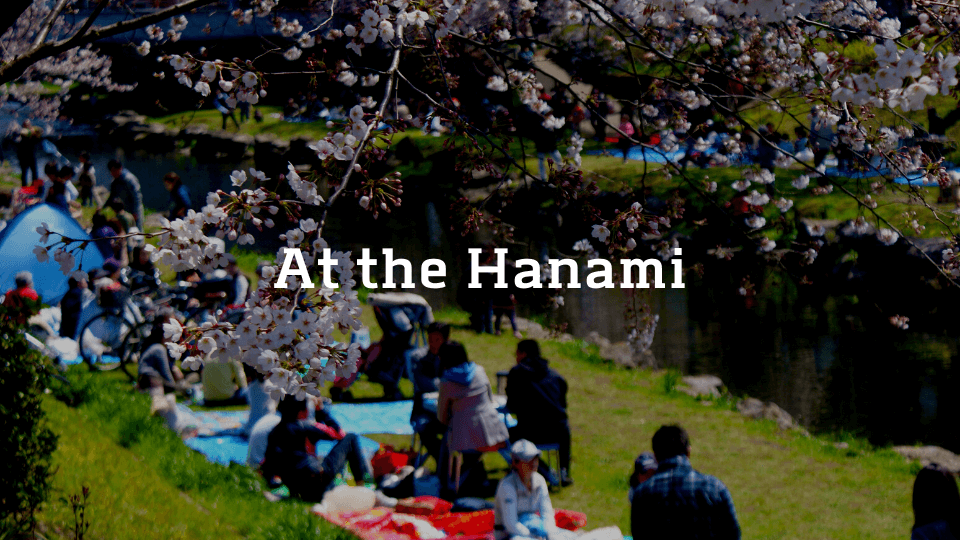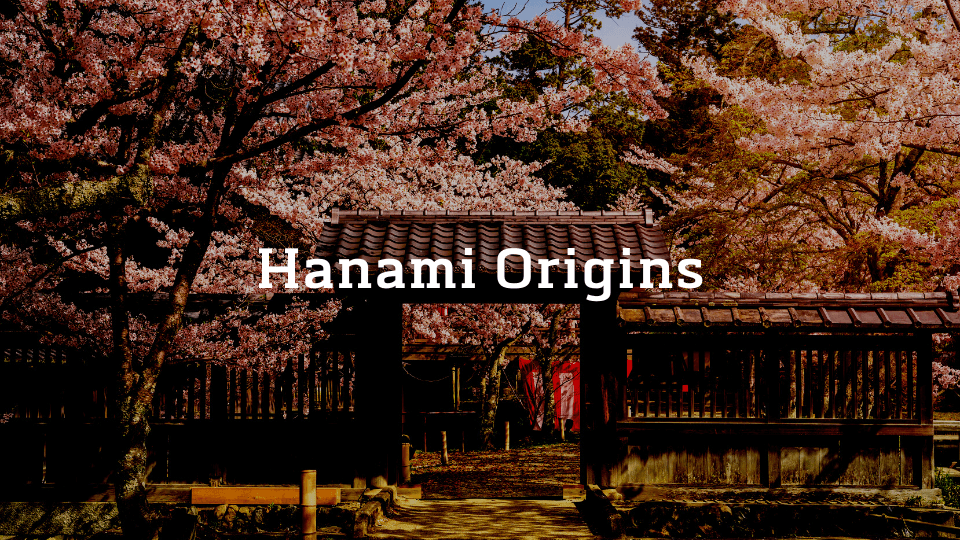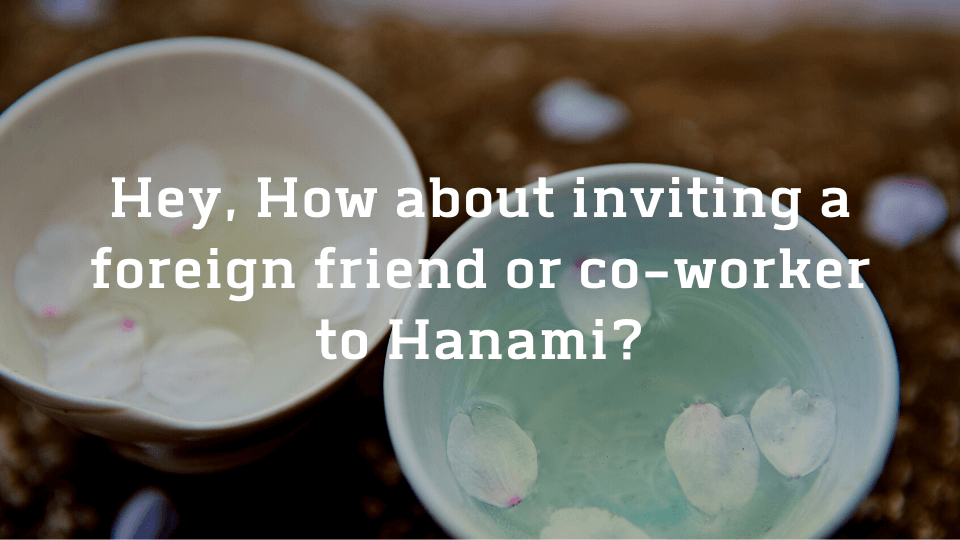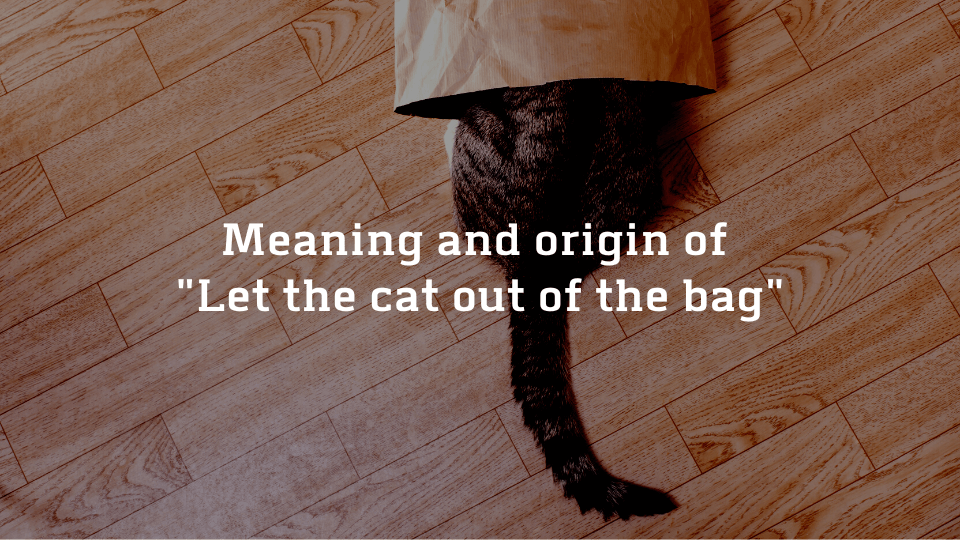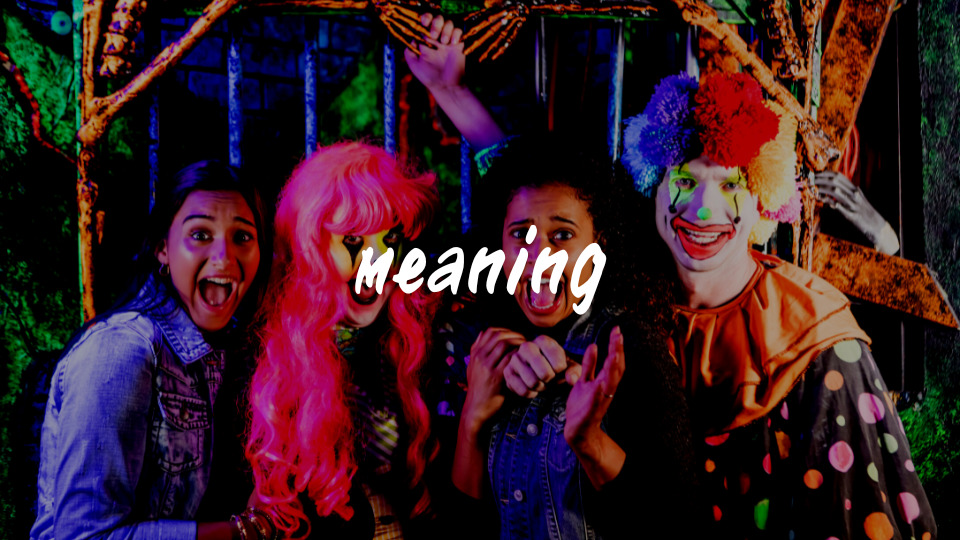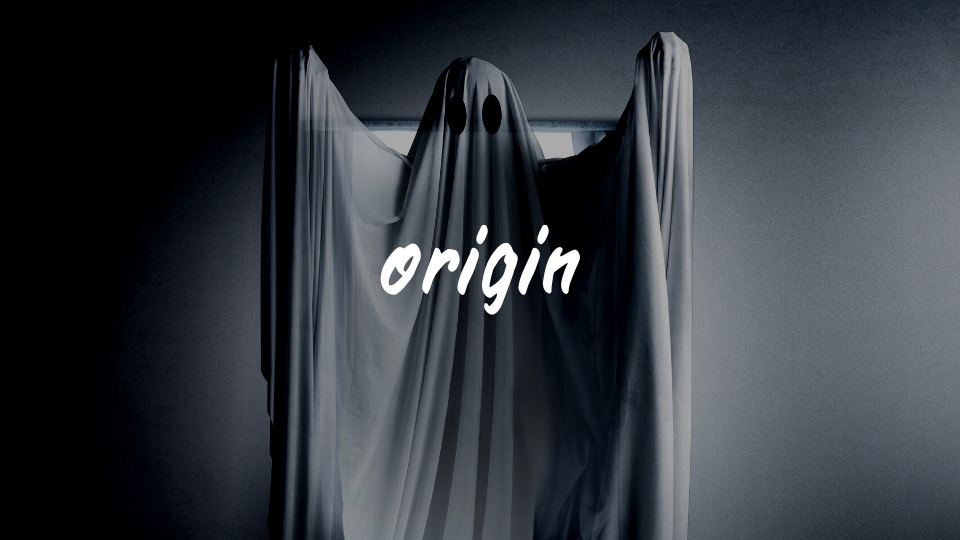【ヘンリー先生】
こんにちは、もう7月ですね。
ご存知の通り、7月には美しい祭りである七夕がやってきます。
外国の友人や同僚に七夕をシンプルな英語で説明してみませんか?
この美しい伝統を英語で説明するために練習しましょう!
実践的な英語ならケンジントン英会話
ケンジントン英会話では、教科書には載っていない、生きた表現を身に付けることができます。
福岡市内の教室やオンラインで、経験豊富でフレンドリーな講師と一緒に英語を学びませんか?
実践的な英語を学びたい方はケンジントン英会話の公式サイトをチェック!
「七夕」を英語で説明する方法
「七夕」がどういうものかについては、英語で下記のように言うことができます。
Tanabata is a traditional Japanese festival.
(七夕は日本の伝統的な祭りです。)
Tanabata is celebrated on July 7th every year.
(七夕は毎年7月7日に祝われます。)
This festival comes from a Chinese legend.
(この祭りは中国の伝説に由来しています。)
The legend says that Tanabata is about a story of two lovers.
(伝説によれば、七夕は二人の恋人たちの物語だそうです。)
The lovers are Orihime (a weaver princess) and Hikoboshi (a cowherd).
(恋人たちは織姫[機織りの姫] と彦星[牛飼いの青年] です。)
They were separated by the Milky Way.
(彼らは天の川によって隔てられていました。)
They can only meet once a year.
(彼らは年に一度しか会うことができません。)
They meet on July 7th.
(彼らは7月7日に会います。)
「七夕」の風習を英語で説明する方法
次に「七夕」の風習について英語で説明してみましょう。
People write wishes on tanzaku (colorful paper strips).
(人々は短冊[色とりどりの紙片] に願い事を書きます。)
They hang the tanzaku on bamboo branches.
(短冊を竹の枝に吊るします。)
Bamboo branches and decorations are put outside homes and public places.
(竹の枝や飾りは家の外や公共の場所に置かれます。)
The decorations represent the link between heaven and earth.
(これらの飾りは天と地のつながりを表しています。)
「七夕祭り」を英語で説明する方法
「七夕祭り」について英語で説明する方法はこちらです。
Many cities in Japan hold Tanabata festivals.
(日本の多くの都市で七夕祭りが開催されます。)
At the festivals, there are parades, fireworks and traditional music.
(祭りではパレードや花火、伝統的な音楽が披露されます。)
People wear colorful yukatas or summer style kimono.
(人々はカラフルな浴衣や夏の着物を着ます。)
Sendai Tanabata Festival is one of the most famous in Japan.
(仙台の七夕祭りは日本で最も有名な祭りの一つです。)
外国の友人に「七夕」を説明する
これらをまとめて言うと次のようになります。
Tanabata is a Japanese festival on July 7th. It celebrates the meeting of two stars, Orihime and Hikoboshi. People write wishes on colorful paper and hang them on bamboo branches. There are many decorations, parades, and fireworks in many cities during this festival. Do you have any similar festivals in your country?
(七夕は7月7日に行われる日本の祭りです。この祭りは織姫と彦星という2つの星の出会いを祝います。人々はカラフルな紙に願い事を書いて竹の枝に吊るします。祭りの間、全国の多くの都市でたくさんの飾りやパレード、花火が見られます。あなたの国にも似たような祭りがありますか?)
練習問題
これまでの例文を使って下記の日本語を英語にしてみましょう!(答えはすぐ下にあります。)
・七夕は7月7日に祝われます。
・人々はカラフルな紙片に願い事を書きます。
・その恋人たちは天の川で年に一度会います。
・多くの都市でパレードや花火とともに七夕祭りが開催されます。
[答え]
・Tanabata is celebrated on July 7th.
・People write wishes on colorful paper strips.
・The lovers meet once a year on the Milky Way.
・Many cities hold Tanabata festivals with parades and fireworks.
まとめ
これらの文章やフレーズが、七夕という美しい日本の伝統的な祭りを世界中の人々に説明する際に役立つことを願っています。
素敵な七夕をお過ごしください!
実践的な英語ならケンジントン英会話
ケンジントン英会話では、教科書には載っていない、生きた表現を身に付けることができます。
福岡市内の教室やオンラインで、経験豊富でフレンドリーな講師と一緒に英語を学びませんか?
実践的な英語を学びたい方はケンジントン英会話の公式サイトをチェック!
[英語原文]
Hello there, July is approaching and as you know it comes with a beautiful festival known as 七夕(たなばた).
Why don’t we explain 七夕(たなばた) to our foreign friends, co-workers and others in English using simple sentences? Let’s practice using English sentences to describe this beautiful tradition.
What is Tanabata?
Tanabata is a traditional Japanese festival.
Tanabata is celebrated on July 7th every year.
This festival comes from a Chinese legend.
The legend says that Tanabata is about a story of two lovers.
The lovers are Orihime (a weaver princess) and Hikoboshi (a cowherd).
They were separated by the Milky Way.
They can only meet once a year.
They meet on July 7th. (On the seventh day of the seventh month).
Tanabata Customs
People write wishes on tanzaku (colorful paper strips).
They hang the tanzaku on bamboo branches.
Bamboo branches and decorations are put outside homes and public places.
The decorations represent the link between heaven and earth.
Tanabata Festivals
Many cities in Japan hold Tanabata festivals.
At the festivals, there are parades, fireworks and traditional music.
People wear colorful yukatas or summer style kimono.
Sendai Tanabata Festival is one of the most famous in Japan.
Sharing Tanabata with Foreign Friends
Putting it all together you can say:
Tanabata is a Japanese festival on July 7th. It celebrates the meeting of two stars, Orihime and Hikoboshi. People write wishes on colorful paper and hang them on bamboo branches. There are many decorations, parades, and fireworks in many cities during this festival. Do you have any similar festivals in your country?
Practice Sentences
1. Tanabata is celebrated on July 7th.
2. People write wishes on colorful paper strips.
3. The lovers meet once a year on the Milky Way.
4. Many cities hold Tanabata festivals with parades and fireworks.
I hope you’ll find those sentences and phrases helpful when you try to explain the beautiful Japanese traditional festival known as Tanabata to people around the world. Happy Takabata!
~*~*~*~ \ Follow me / ~*~*~*~
Instagram : @kensington_eikaiwa
Twitter : @Kensington_Eng
Facebook : @kensingtoneikaiwa
YouTube : KENSINGTON英会話
~*~*~*~*~*~*~*~*~*~*~*~*~*
◆お問い合わせはこちら
ケンジントン英会話:お問い合わせフォーム

































